On November 26, 1949, the Constituent Assembly of India formally adopted the Constitution of India. This moment marked the culmination of nearly three years of rigorous debates, drafting, and deliberations. Among the 299 members of the Assembly were 15 women who played a crucial role in drafting this transformative document. Despite the challenges of navigating a deeply patriarchal society, these women brought forward critical perspectives on justice, equality, and governance that shaped the future of the country.
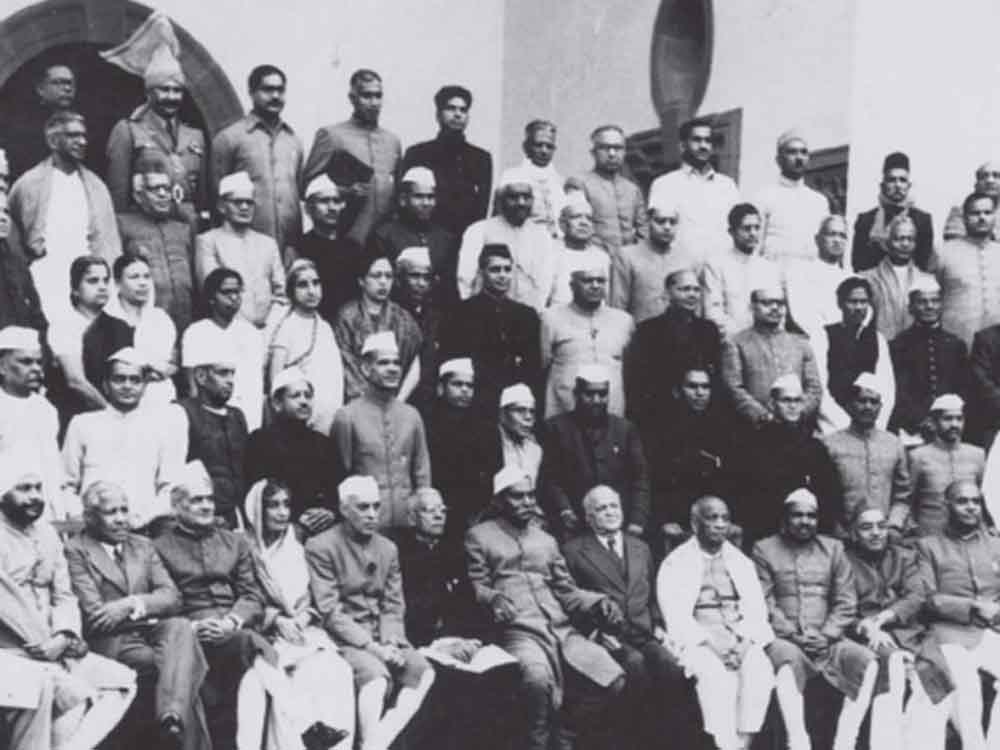
Among the 299 members of the Assembly were 15 women who played a crucial role in drafting this transformative document.
Their backgrounds were as diverse as their contributions. Some were freedom fighters, some were social reformers, and others were accomplished lawyers and educationists. Many had been deeply involved in the women’s movement since the early 20th century, using their platforms to push for rights and representation.
These women brought their lived experiences to the Assembly, addressing issues such as women’s rights, social justice, minority protection, and grassroots governance. Their work ensured that the Constitution reflected not only legal principles but also a broader vision of an inclusive and equitable society.
Advocates for Women’s Rights and Gender Equality
Several members of the Assembly were deeply committed to addressing the inequalities faced by women. Hansa Mehta, known for her work in the drafting of the Indian Women’s Charter of Rights and Duties, consistently pushed for the recognition of women’s equality in the Constitution. Along with Rajkumari Amrit Kaur, she advocated for the establishment of a Uniform Civil Code to ensure that personal laws did not discriminate against women based on religion or tradition.
Ammu Swaminathan, a long-time activist for women’s rights, also played a key role in emphasizing gender equality within the framework of Fundamental Rights and Directive Principles. Her speeches in the Assembly highlighted the importance of creating opportunities for women in education and employment, ensuring their participation in the nation-building process.
Dakshayani Velayudhan, the only Dalit woman in the Assembly, championed the rights of marginalised communities, particularly Dalit women, who faced compounded discrimination. She argued for the abolition of caste-based oppression and economic exploitation as a step toward true equality.
Contributions to Fundamental Rights and Civil Liberties
The women members of the Assembly were instrumental in shaping the provisions for Fundamental Rights, which guaranteed individual freedoms and equality before the law. Sucheta Kriplani was a fearless freedom fighter and one of the few women to take a leadership role during the Quit India Movement. In the Assembly, she was a vocal advocate for social and economic reforms. She pushed for policies that addressed the inequalities faced particularly by women. Her arguments for universal suffrage ensured that every Indian, irrespective of gender or economic status, had the right to vote. She became India’s first woman Chief Minister, serving Uttar Pradesh from 1963 to 1967. Her contributions laid the groundwork for women’s political participation in post-independence India.
Vijaya Lakshmi Pandit, was the first woman to become the president of the United Nations General Assembly and a significant member of India’s Constituent Assembly. Known for her staunch belief in secularism, she played an instrumental role in shaping the constitutional framework for a democratic India that was inclusive of all religions and communities. In the Assembly, Pandit was deeply involved in discussions around the fundamental rights of citizens, particularly women, and their representation in the new democratic system.
Begum Aizaz Rasul, a staunch advocate of secularism, spoke at length about the need to ensure equal rights for all citizens, regardless of religion or gender. She played a significant role in the debates surrounding the abolition of separate electorates, a provision that she believed would help unify the country.
Durgabai Deshmukh, a lawyer and social worker, was a vocal proponent of constitutional remedies for the protection of Fundamental Rights. Her interventions in the Assembly underscored the importance of mechanisms such as the right to constitutional remedies, which empowered citizens to challenge the violation of their rights.
Perspectives on Governance and Decentralisation
Several women members contributed to the debates on governance, emphasizing the importance of decentralization and local self-governance. Annie Mascarene, who represented Travancore-Cochin, highlighted the need for provincial autonomy and fiscal decentralisation. She believed that empowering local governments would lead to more effective administration and better implementation of welfare programs.
Renuka Ray, a former member of the All India Women’s Conference, also emphasized the importance of local governance. She advocated for financial independence for local bodies, arguing that this was essential for the success of grassroots democracy.
Malati Choudhury, deeply influenced by Gandhian principles, spoke about the need for a Constitution that prioritised rural development and self-reliance. Her vision of governance focused on empowering villages as the foundation of a strong and self-sufficient India.
Education and Social Reform
The women in the Assembly also brought a strong focus on education and social reform. Purnima Banerjee and Renuka Ray were vocal advocates for equal access to education, particularly for women and marginalised communities. They argued that education was key to achieving social and economic equality.
Rajkumari Amrit Kaur, who later became India’s first Health Minister, emphasised the importance of public health and sanitation as essential components of social reform. Her contributions extended beyond the Assembly, shaping India’s policies on health and welfare in the years following independence.
Known as the “Nightingale of India,” Sarojini Naidu was a prominent leader in India’s freedom struggle and a celebrated poet. Her presence in the Constituent Assembly symbolized the integration of art and politics in the fight for independence and nation-building. Naidu brought a unique perspective to the Assembly, emphasizing the importance of inclusivity in governance, ensuring that the Constitution would serve all Indians regardless of caste, creed, or gender. As one of the first women governors in independent India, her leadership extended beyond the Assembly, demonstrating her commitment to public service.
Addressing Challenges and Critiquing the Constitution
These women were not passive participants in the drafting process; they actively critiqued and suggested changes to the Constitution. Purnima Banerjee questioned the over-reliance on foreign models, advocating for a Constitution that was rooted in India’s unique socio-political context. Ammu Swaminathan expressed concerns about the length and complexity of the document, emphasizing the need for a version that was accessible to ordinary citizens.
Their critiques reflected their commitment to creating a Constitution that was not only just and progressive but also practical and inclusive.
The Fifteen Women of the Constituent Assembly
Ammu Swaminathan
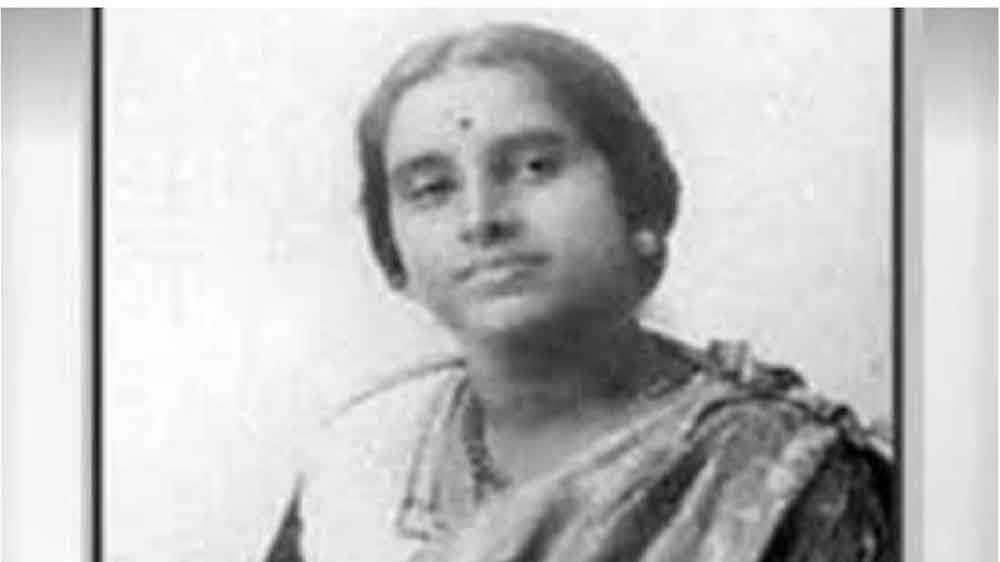
Dakshayani Velayudhan
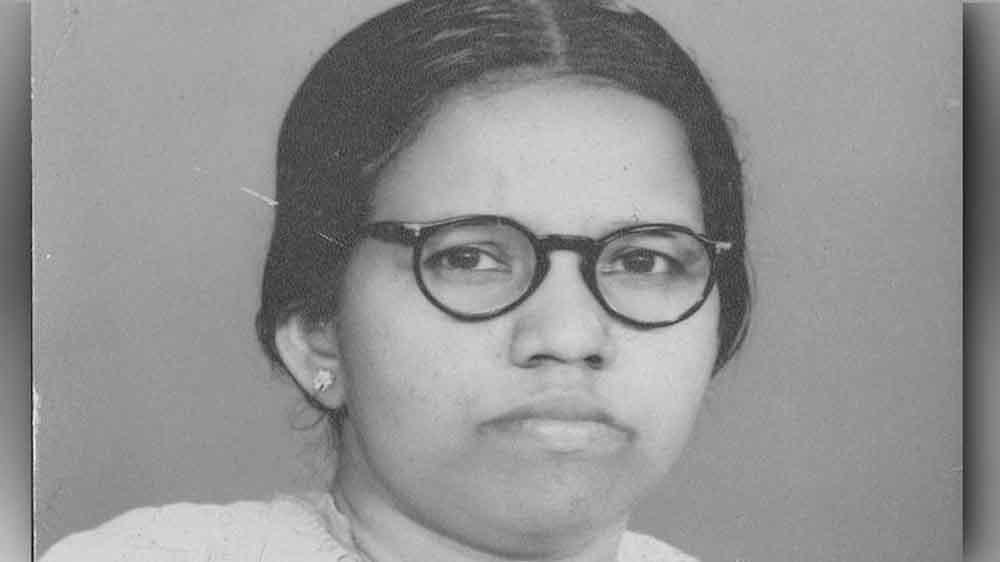
Begum Aizaz Rasul
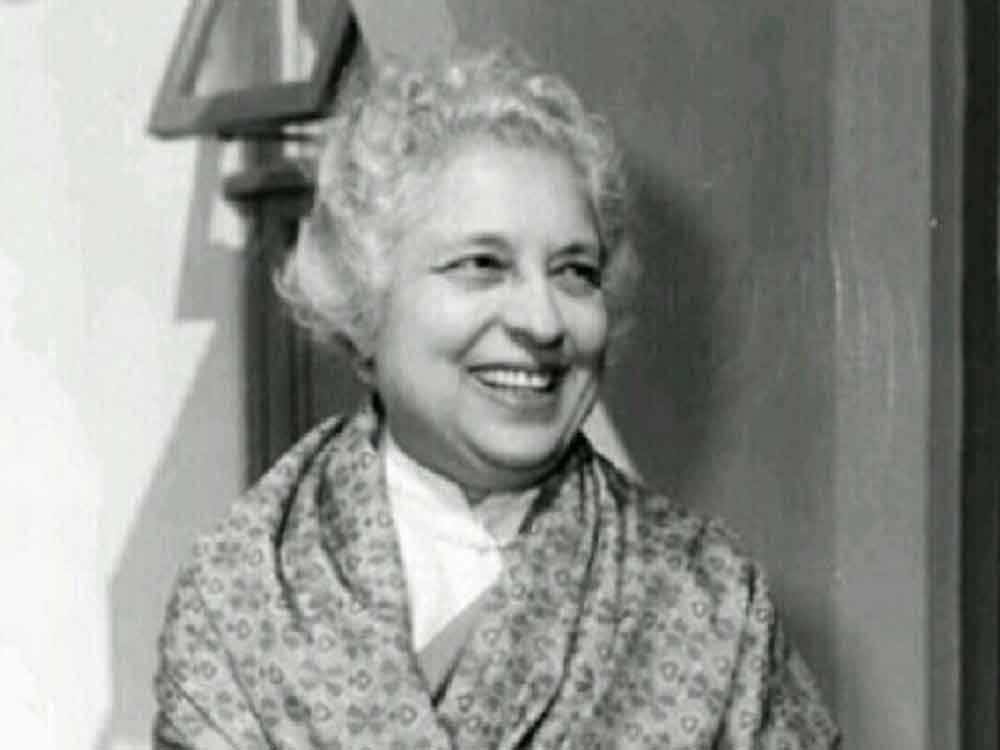
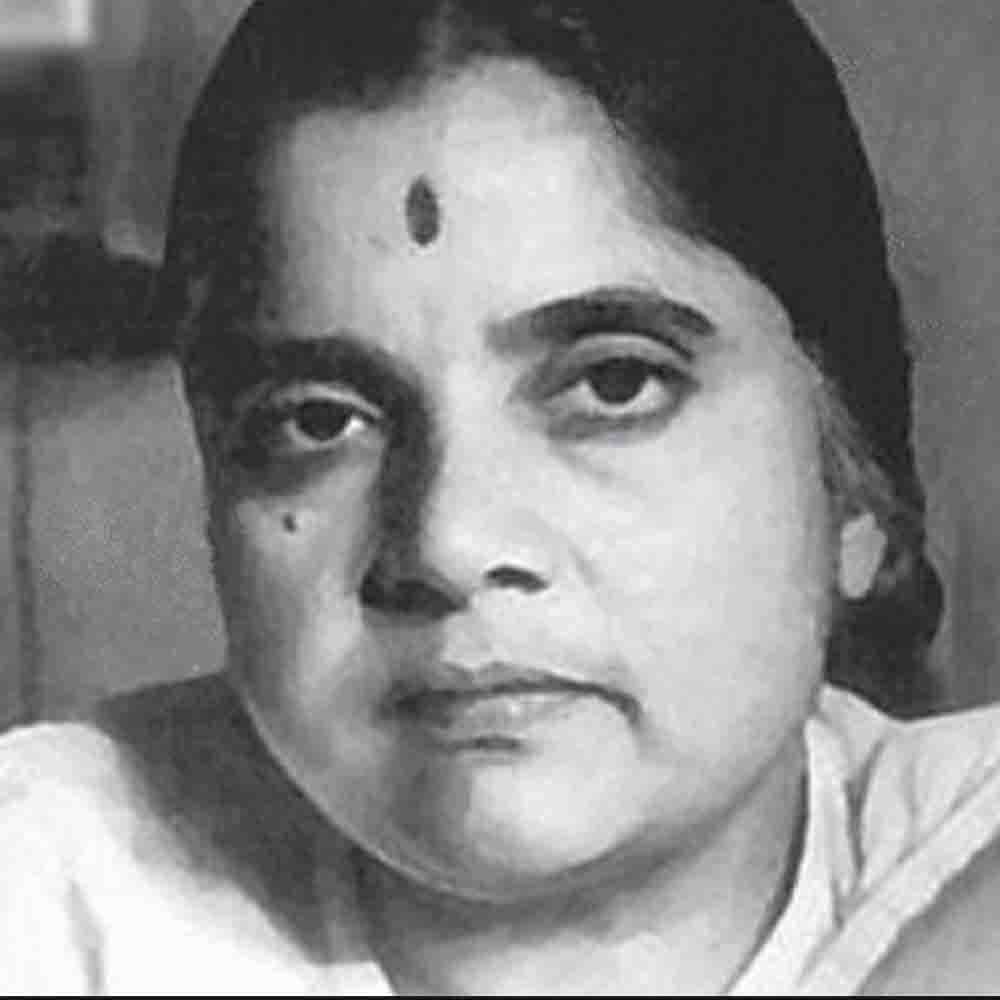
Hansa Mehta
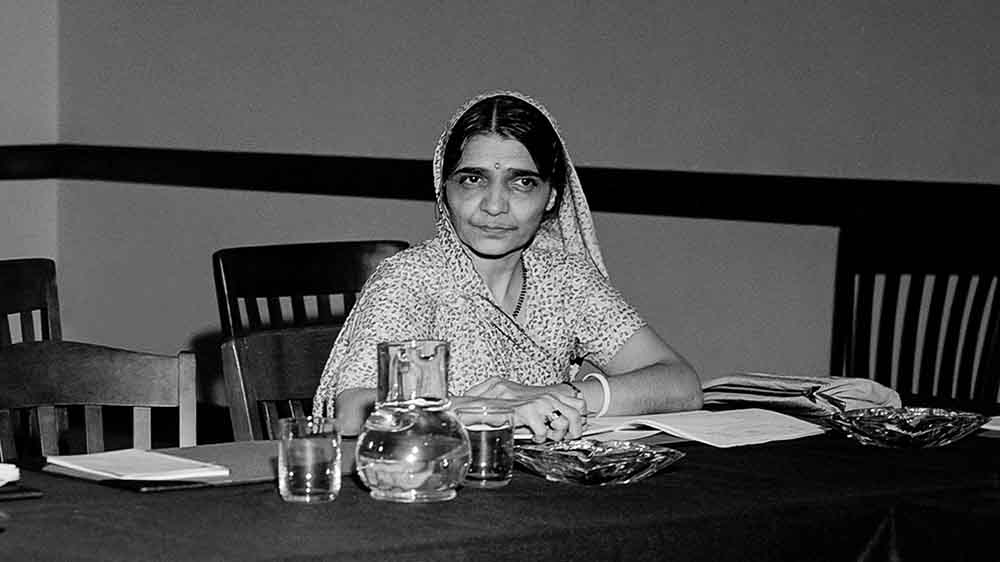
Kamla Chaudhary
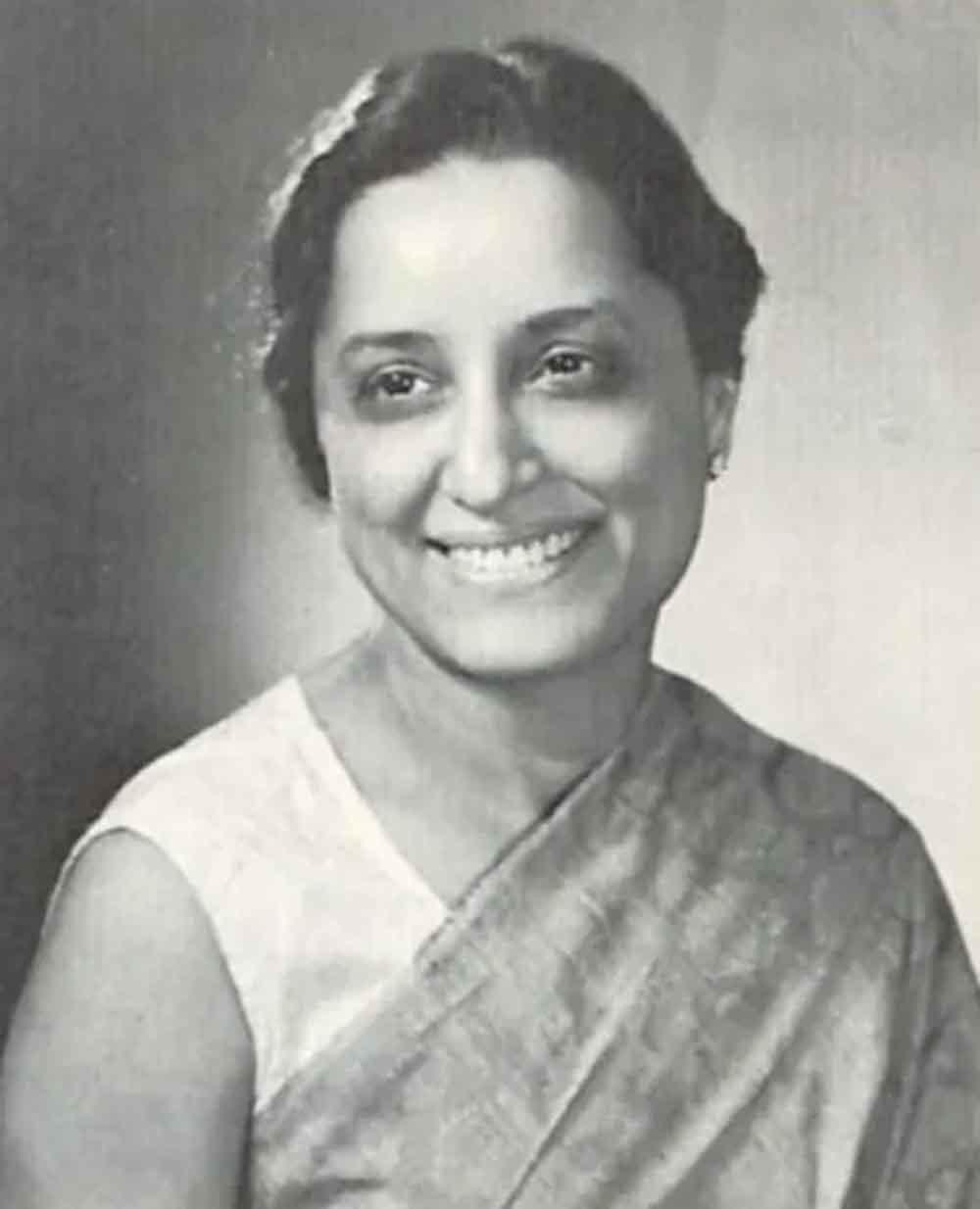
Leela Roy
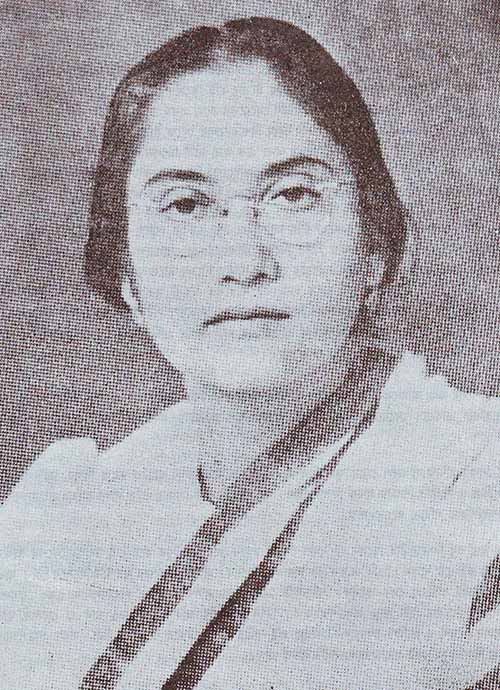
Malati Choudhury
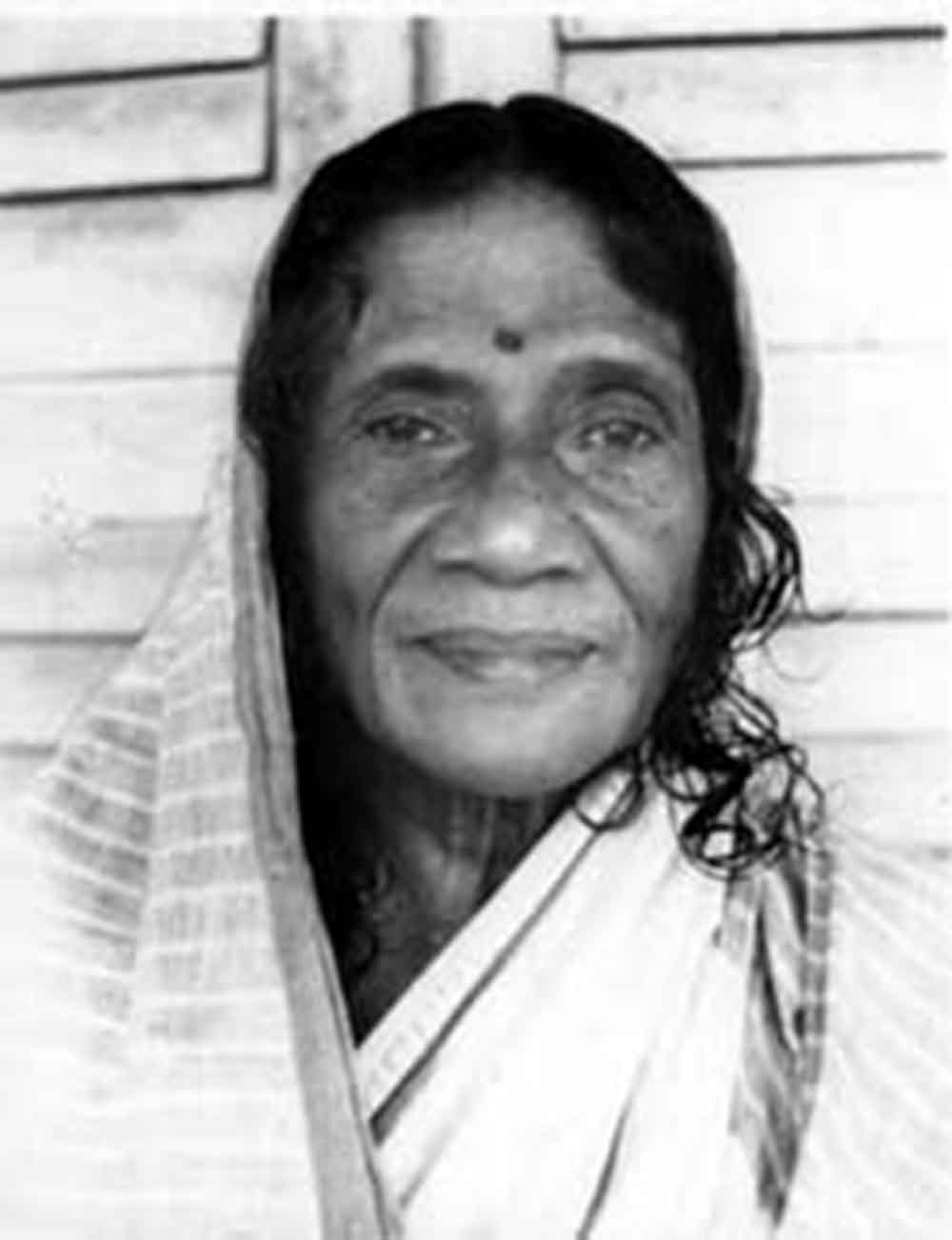
Purnima Banerjee
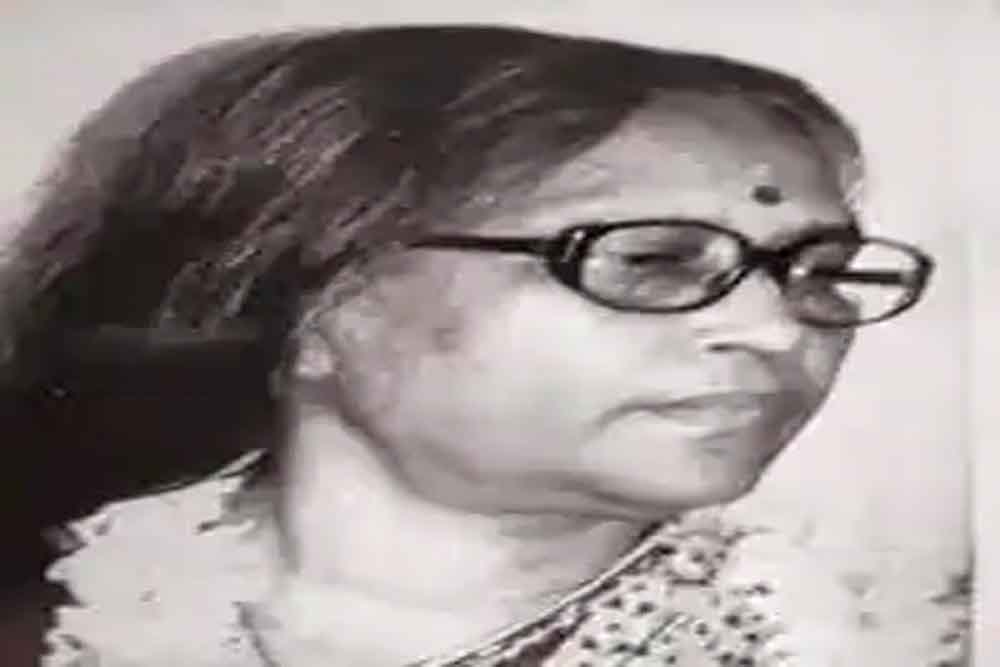
Rajkumari Amrit Kaur
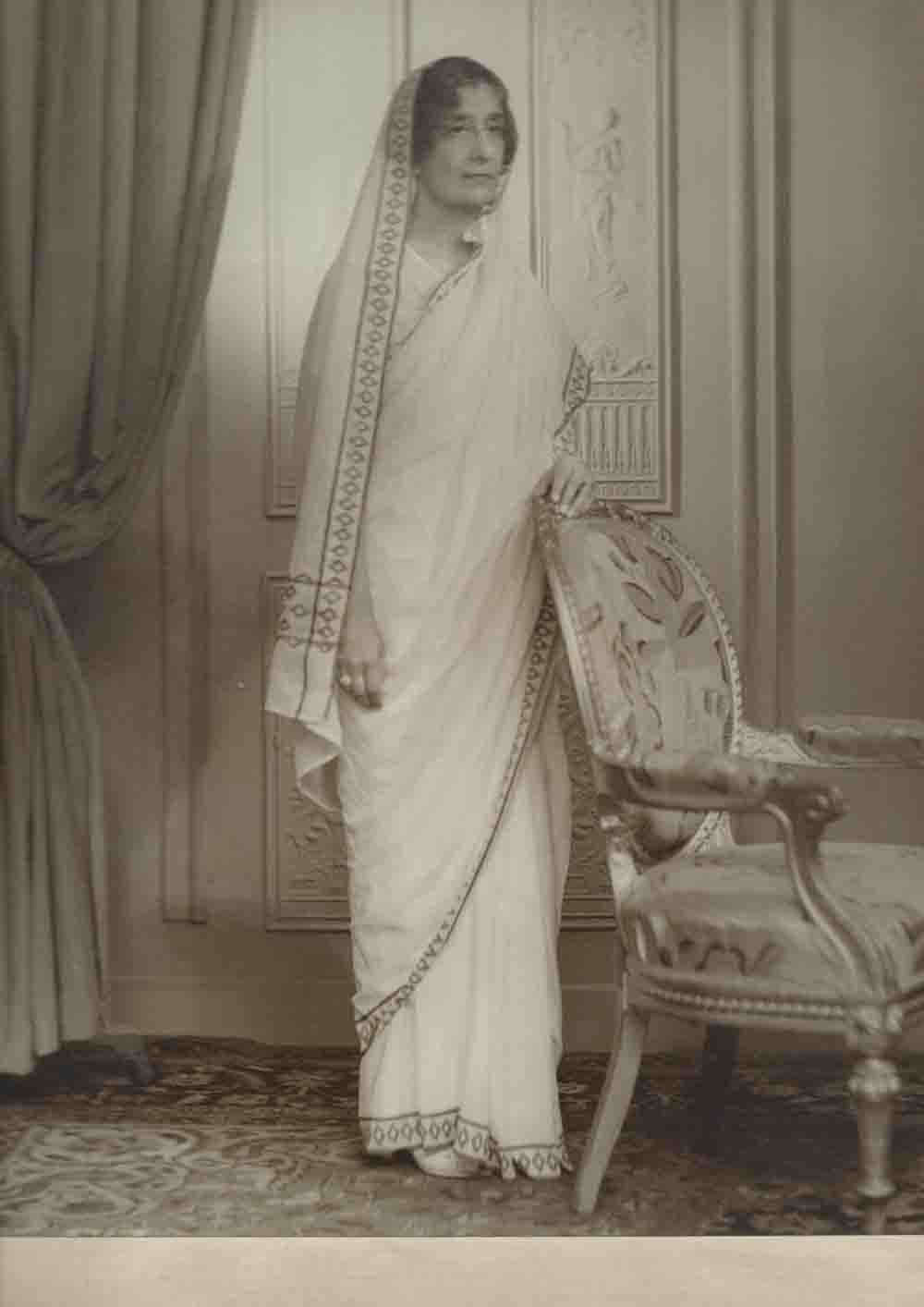
Renuka Ray
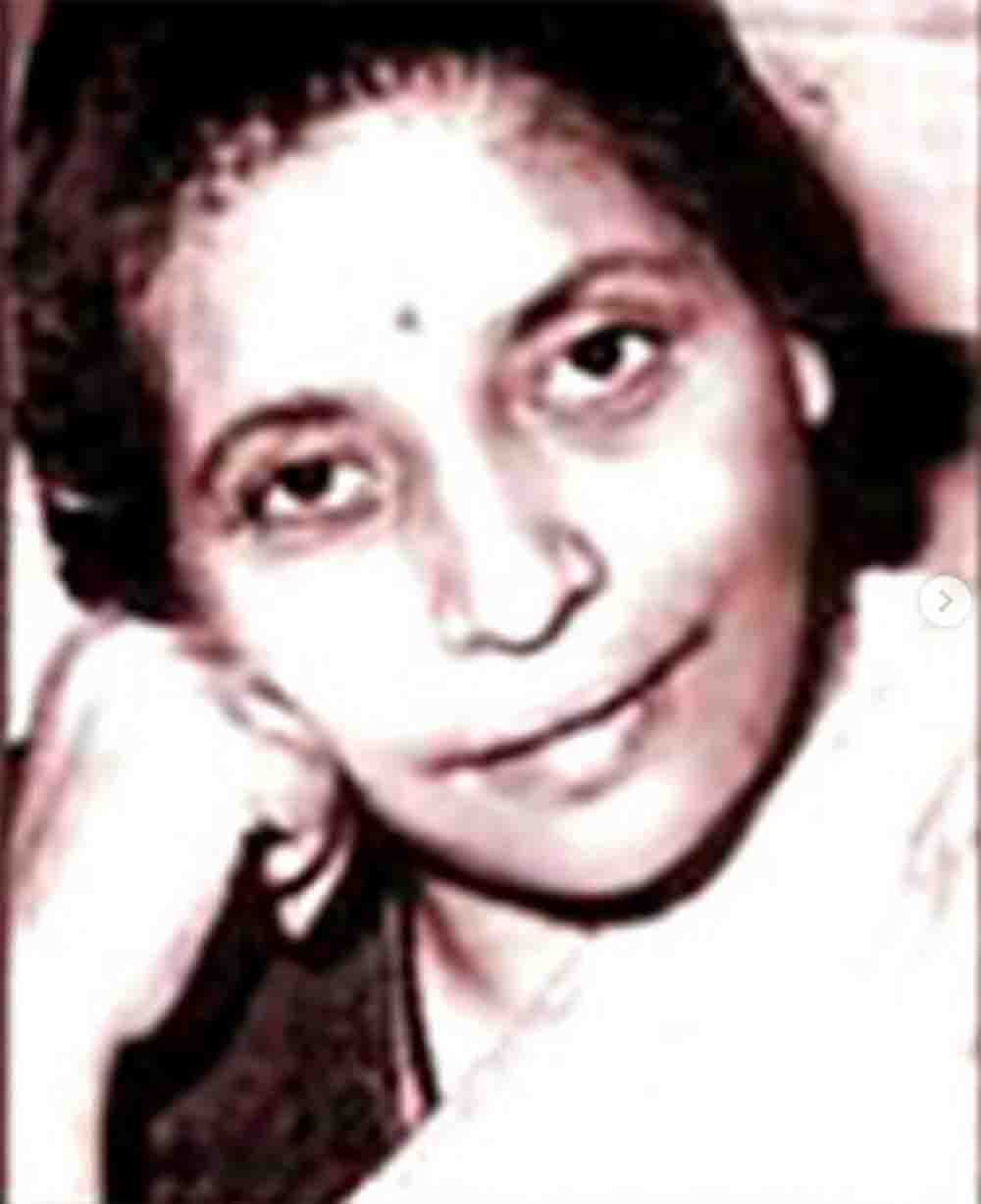
Sarojini Naidu
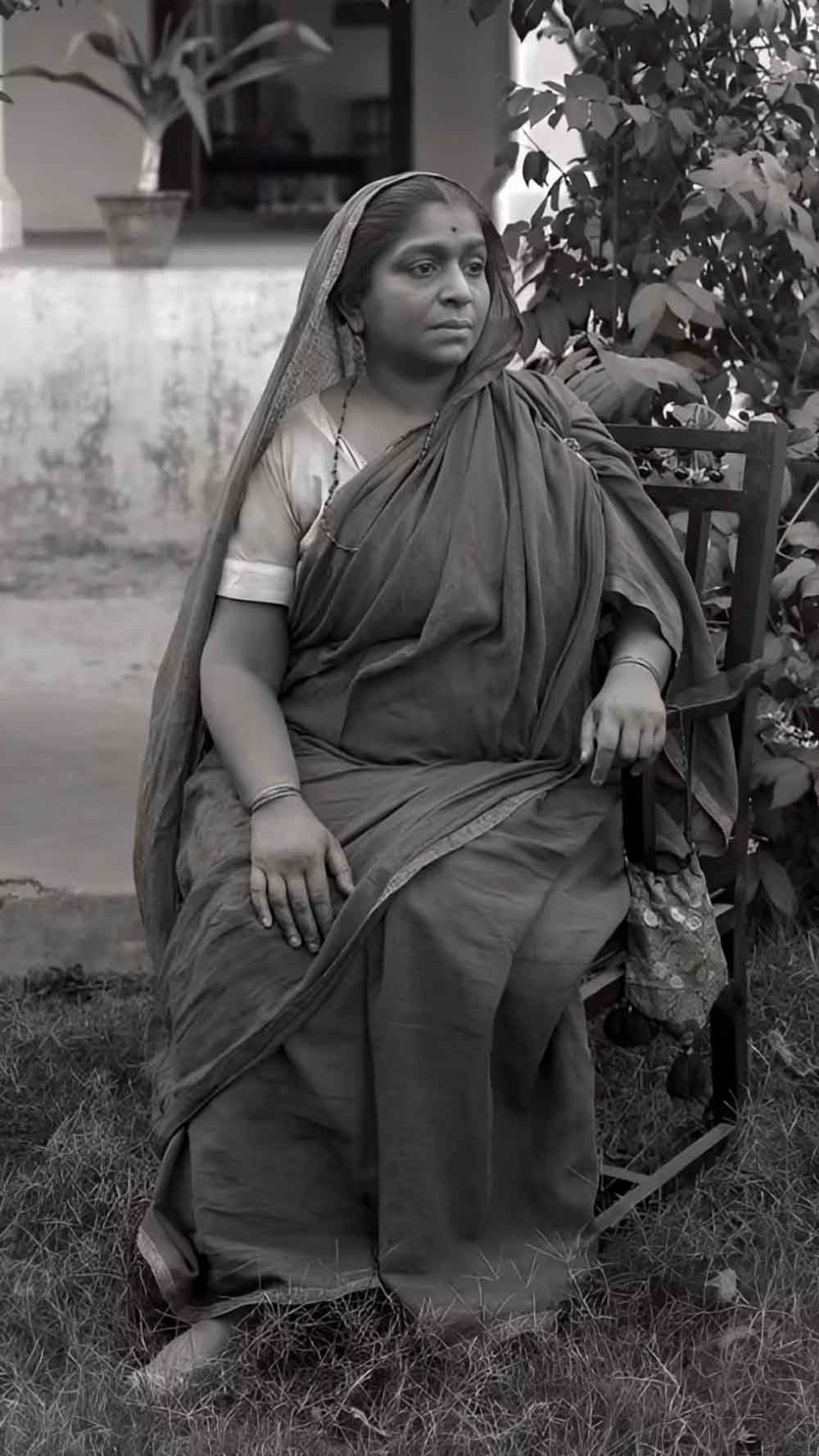
Sucheta Kriplani
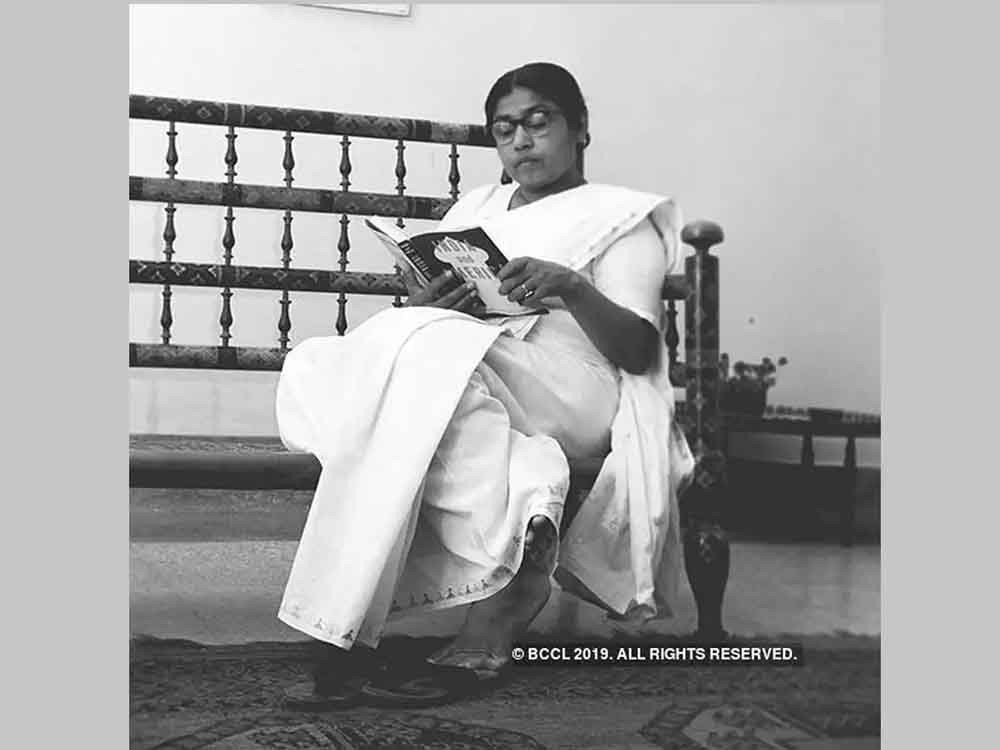
Vijaya Lakshmi Pandit
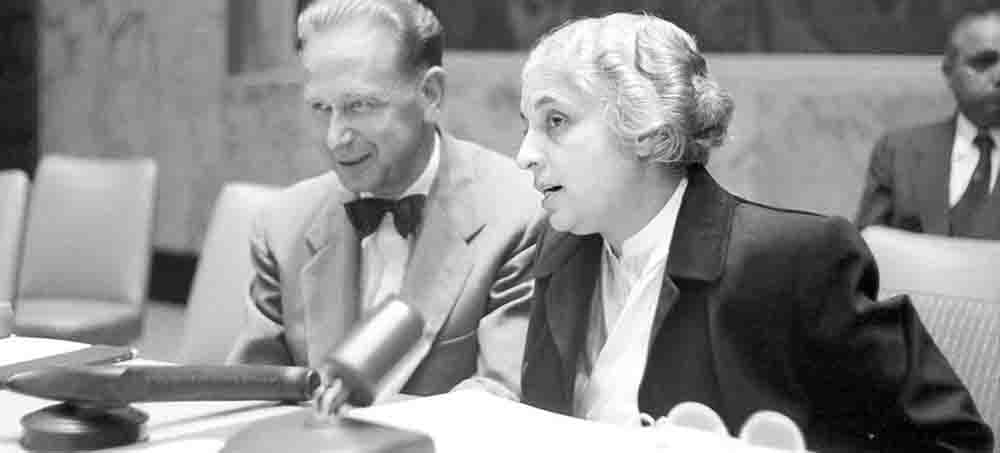
Annie Mascarene
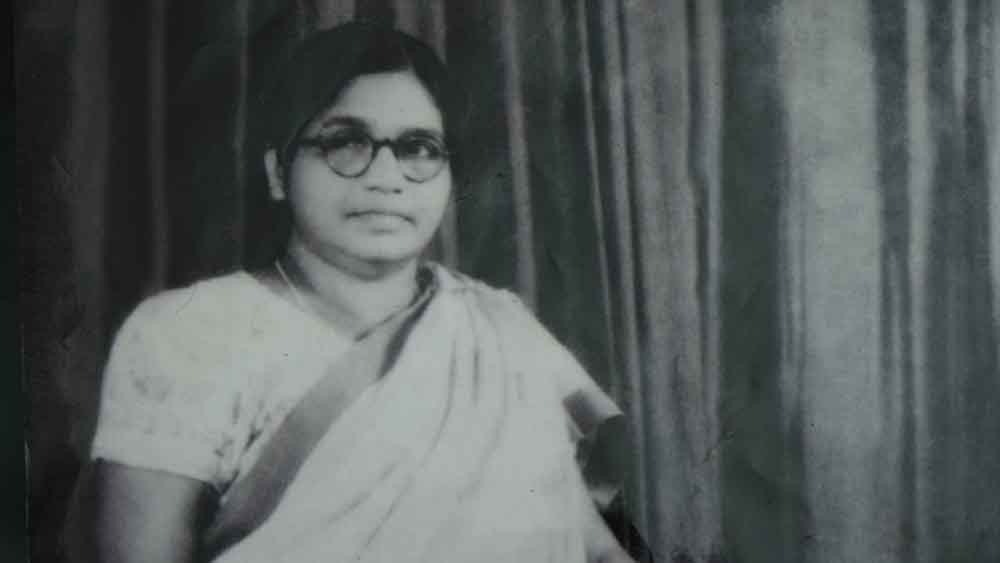
Each of these women played a distinct role in the Assembly, drawing from their expertise and experiences to advocate for progressive reforms and policies.
Legacy
At a time when women’s voices were often marginalised, these women broke barriers and ensured that the Constitution of India reflected the aspirations of all its citizens.
As we commemorate the adoption of the Constitution, it is essential to acknowledge and celebrate the contributions of these women, whose vision and determination helped shape the democratic framework of India. Their legacy continues to inspire generations to work toward a more just and equitable society.